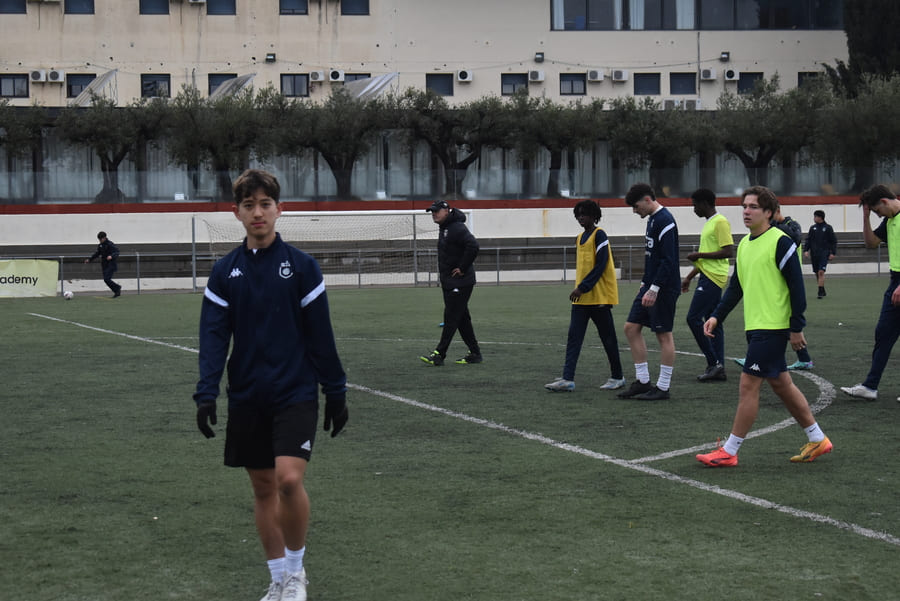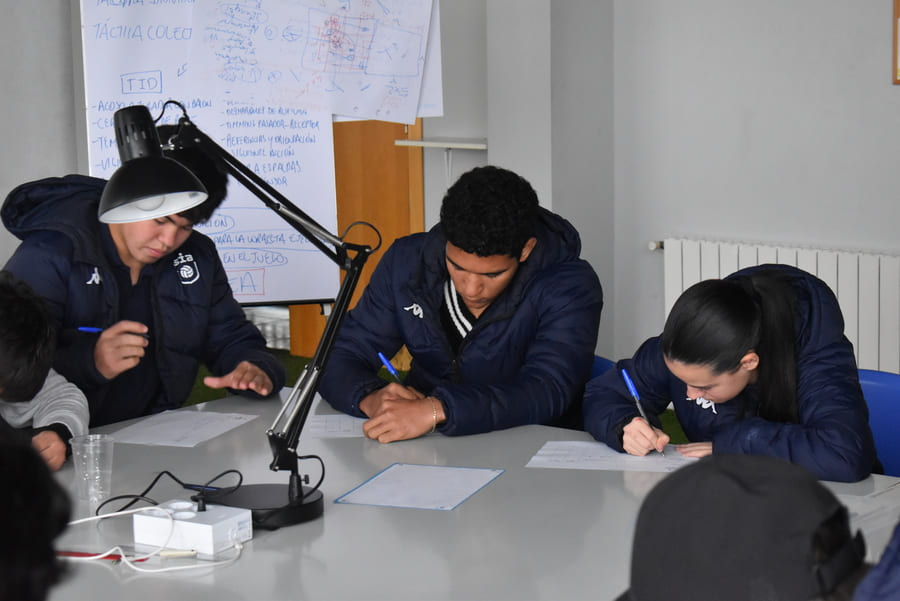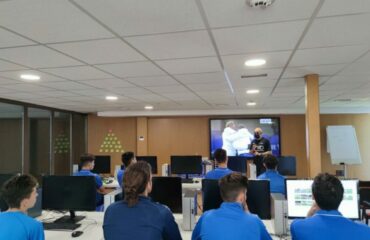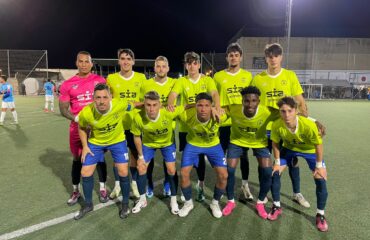Football has gone beyond the borders of simple entertainment to become a powerful educational tool. Its influence goes far beyond the playing field, creating lasting impacts on the personal, social, and emotional development of children and young people. Today, sports academies like SIA Academy understand it not just as a way to train athletes, but as an effective channel to teach values, discipline, and citizenship.
Through football, young people not only learn to control the ball, but also to manage emotions, make decisions, work as a team, and face real-life challenges. This makes it a valuable resource in both formal and informal educational settings.
Table of contents
Football as a school of life
Football educates beyond technique. It teaches coexistence, respect, and perseverance. From an early age, children who play this sport learn to follow rules, respect the authority of a coach or referee, and cooperate with teammates toward a common goal.
This learning happens in an environment full of motivation and passion. Few activities generate the level of emotional engagement that football does, making it an ideal channel to transmit meaningful lessons. When a child is having fun, they are more open to learning, and that’s one of football’s greatest educational strengths.

The educational experience at SIA Academy
SIA Academy, one of the most recognized high-performance academies in Spain, has taken this educational philosophy to the next level. Its methodology integrates professional training with a personalized and values-based education, supporting young people in their holistic development.
At SIA Academy, training goes beyond the physical and technical aspects. Emotional intelligence, personal responsibility, self-esteem, and decision-making are all worked on across the board. Students live in a multicultural environment that promotes respect, tolerance, and intercultural understanding, while also receiving quality academic instruction alongside their football development.
This approach turns into a catalyst for personal growth. Coaches become mentors, and matches become continuous learning opportunities.
Top 6 contributions of football to education
Below are six of the main contributions that football offers as an educational tool, especially when developed in structured environments like SIA Academy:
1. Development of discipline
Constant training, punctuality, and rule-following foster a mindset of effort and consistency. Young people learn that success doesn’t come by chance, but through commitment and dedication.
2. Promotion of teamwork
Football teaches that victory is achieved collectively. Through collaboration and effective communication, players develop essential social skills for adult and professional life.
3. Boosting self-esteem
By reaching personal goals and receiving recognition for their efforts, young people gain self-confidence. Sport strengthens their positive self-image and teaches them to value their own abilities.
4. Emotional management
Matches are emotionally intense settings. Players learn to handle frustration, pressure, and joy in a balanced way, developing greater emotional intelligence.
5. Conflict resolution
Football inevitably involves disagreements, whether within the team or with opponents. Young people learn to talk, negotiate, and solve problems peacefully and constructively.
6. Teaching values
Respect, honesty, solidarity, and responsibility are principles that are lived in every training session and match. The sport thus becomes a reflection of the ethics young people will apply in their lives beyond the pitch.

An opportunity to transform lives
The impact of football as an educational tool multiplies when guided by professionals who understand its formative power. At academies like SIA Academy, not only are players built, but also individuals prepared to face the challenges of the 21st century.
Many young people who go through these kinds of programs don’t become professional footballers, but they do leave as more confident, committed, and resilient adults. That may be greatest victory: forming people capable of transforming their environment.
In conclusion, football is not just a game; it’s a universal language, a platform for values, and a school of life. Consciously integrating it into educational processes, as SIA Academy does, is an effective strategy for the holistic development of youth. In every pass, every goal, and every fall, there is a lesson that goes far beyond the final score.






